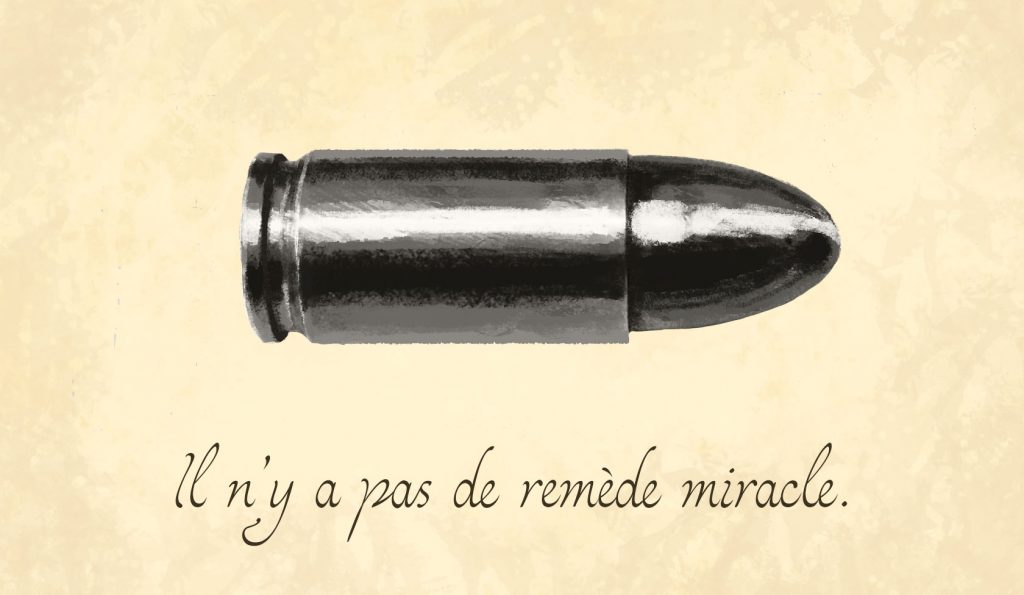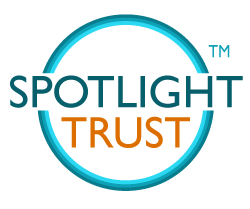
“There are no silver bullets.”
This is a phrase often heard in business conversations where leaders are seeking to navigate complex, human systems where there is no direct or effortless path forward—no magic weapon that will take a werewolf down in one shot.
Yet, a lot of time, energy, and resources are regularly invested in attempts to find a silver bullet anyway, instead of doing the consistent, hard, generous work that changing complex systems often demands.
So why are we so invested in finding silver bullets?
Many leaders are trained and assessed in contexts that celebrate “quick wins”, “low-hanging fruit”, “guaranteed results”, and “growth hacking”. They’re operating in environments that worship the short term and glorify silver bullet solutions, typically giving kudos to a lone individual over a team. We seldom reward leaders and teams for—and even actively discourage them from—the pursuit of longer term, more difficult and sustainable implementations, even when these lead to meaningful change.
While we likely have all heard stories about the power and reward of consistent hard work, our environments seldom recognize us for this. We’re conditioned to look for an easy way out of it, a shortcut to success. No wonder Americans spend close to $70 billion a year on lotteries, gambling on the chance to get lucky.
Complexity demands humanity
Business comes down to human relationships. Business is a universe made up of complex human systems, not inanimate cogs in a machine. If we want to successfully and sustainably lead and make change happen in these systems, we need to show up as our human selves and unleash the full human potential of our organizations.
This requires doing the consistent, hard, and generous work to:
- understand others
- earn trust
The future of work is here
We’re seeing this work take hold around the world, from the rise of purpose-driven organizations, to the broad adoption of human-centered and inclusive design, to self-managed teams, to patient-centered care, to participatory budgeting, and much more.
This reflects the rapid shift away from the antiquated leadership approaches of brute force, authority, power over, bureaucracy theatre, and compliance and towards leadership approaches that will move us into the future together, ones that better include, unleash, and empower people via enrollment, alignment, autonomy, community building, and trust. As Peter Drucker said, “Organizations are no longer built on force, but on trust.”
Trust is the future of work. And trust, ultimately, is relational. It’s about how we connect with one another. Building that connection requires empathy, the ability to understand someone else‘s worldview.
Empathy is gold
If we truly want to move beyond silver bullet thinking and short-termism so we can enact sustainable, meaningful, systemic change, we can’t bully, shame, or beat people into understanding, even if we’re convinced our solution would be remarkably better for them. We cannot condone disrespecting, dehumanizing, and disregarding people on the path to quick wins. We have to practice empathy, one of the greatest and most underused tools in the workplace.
There’s no hack for empathy. We have to do the consistent, hard, generous, work to understand others and build trust so we can make enduring change happen together. While it’s not a silver bullet to changing complex systems, empathy is a foundational first step in the process of doing so successfully. Empathy helps us see and understand the humanity in business so we can work with it, not against it, and harness the fullness of human potential in the work we do.

